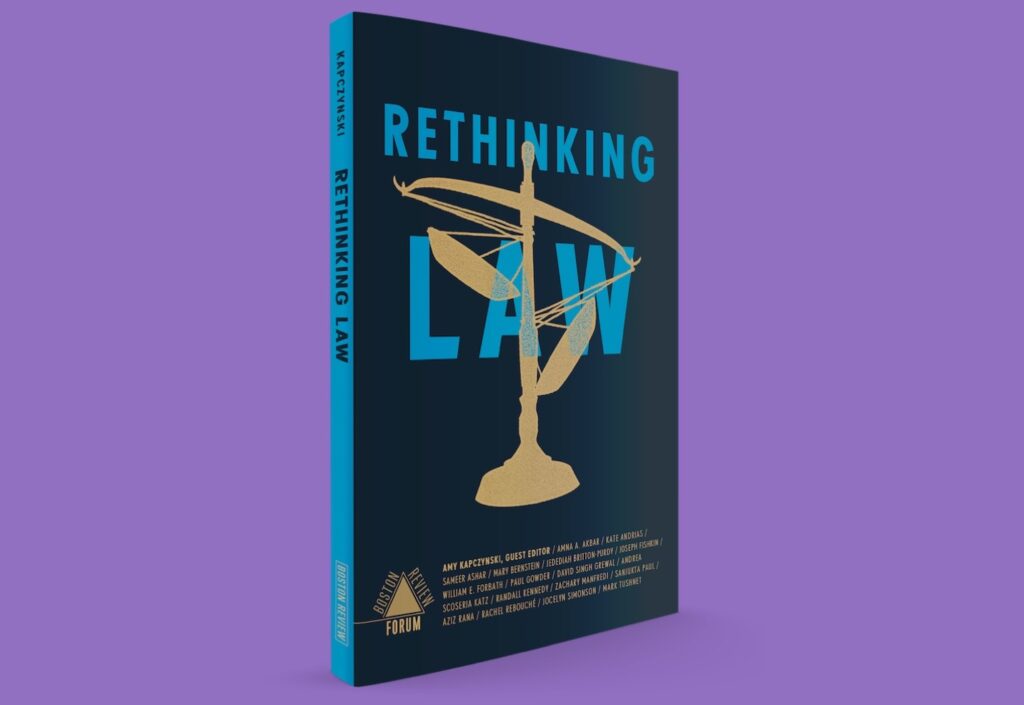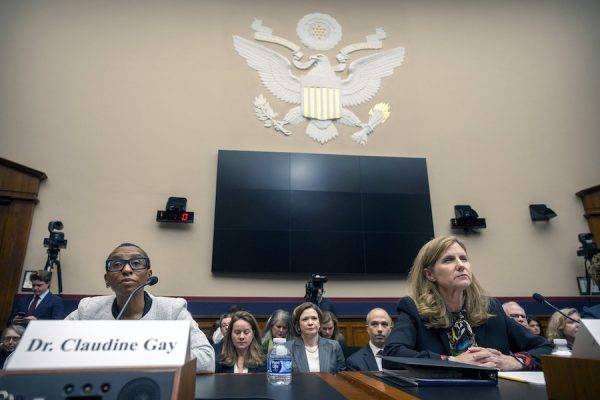A conservative supreme court is poised to roll back many progressive achievements of the late twentieth century, from affirmative action to abortion. Income and wealth inequality are a continuing—and growing—disgrace. Structural barriers to democracy impede popular accountability, from the Senate to the Electoral College, and the orderly transfer of power is itself under threat. All the while, the U.S. criminal justice system—with its powerful racial inflection—remains the most punitive such system on our burning planet.
Legal scholars Joseph Fishkin and William E. Forbath argue that a progressive response to these challenges demands a decisive break from postwar liberal legalism. After the New Deal, they argue, liberals sought to cordon off both law and the economy from democratic politics. For a brief period, judicial supremacy—with the Supreme Court settling the meaning of the Constitution—looked like a good bet, yielding greater civic inclusion and deference for progressive legislation. In the end, though, it was a poisoned pawn, as judges won unprecedented power to constrain legislative initiatives and threaten the affirmative state. The alternative, Fishkin and Forbath contend, is to recover a lost vision of progressive politics—what they call the democracy-of-opportunity tradition. That tradition marries a substantive, political-economic vision—a racially inclusive, anti-oligarchic Constitution—with a democratic conception of the public, not the judiciary, as the ultimate arbiter of constitutional meaning. Respondents explore the prospects of this ambitious proposal and wonder whether it is ambitious enough to address our most serious challenges.
This note is featured in Rethinking Law.
Other essays in this special issue—designed with the help and guidance of Boston Review contributing editor Amy Kapczynski— further reflect on the meaning of law beyond the Constitution and the courts. Some look to social movements, from queer liberation to reproductive and racial justice, for lessons about social transformation and the limits of legal demands. Others examine contested legal concepts, including human rights and Martin Luther King, Jr.’s conception of “unjust laws.” Together they offer a nuanced picture of the relationship between law and politics. As Paul Gowder notes in his contribution, our moment of legal precarity might best be served by what critical race theorist Mari Matsuda once called “multiple consciousness.” In a deeply unequal society, the law can certainly impede progress, but it also remains an essential resource in building a more just world.








